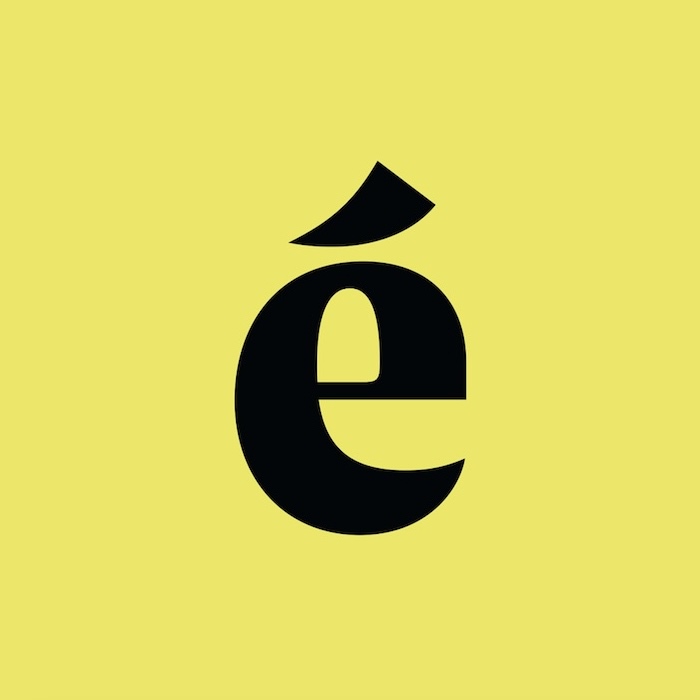Índice
Yet es un adverbio de tiempo en inglés que significa “todavía”, “aún” o “ya”, según el contexto. Se utiliza junto al present perfect para expresar que una acción no se ha hecho todavía, o para preguntar si una acción está pendiente. Por ejemplo:
- I haven’t finished the report yet. / Todavía no he terminado el informe.
- Have you seen the new Batman movie yet? / ¿Ya has visto la nueva película de Batman?
Atención: Yet está relacionado a otros adverbios como still, already, just, que se utilizan para expresar acciones en una lista de acciones pendientes o ya realizadas.
Usos de yet
Yet se utiliza en:
- Oraciones negativas. Junto al present perfect, yet va al final de la oración (o inmediatamente después del verbo). Significa: “todavía”, “aún”. Por ejemplo: She hasn’t contacted her friends yet. / Ella no ha contactado a sus amigos todavía.
- Preguntas. Junto al present perfect, yet va al final de la pregunta. Significa “ya”. Por ejemplo: Have you handed in the test yet? / ¿Ya has entregado el examen?
Además del presente perfecto, yet se puede utilizar en otros tiempos verbales. Por ejemplo: He doesn’t know yet. / Él no sabe todavía.
Para tener en cuenta: Yet no se debe confundir con la conjunción yet que significa “sin embargo”. Por ejemplo: She had the qualifications for the job, and yet, she was not chosen. / Ella tenía los requisitos necesarios, y sin embargo, no fue elegida.
Ejemplos de oraciones con yet
- We haven’t arrived yet.
No hemos llegado todavía. - He’s trying hard but he hasn’t won any championship yet.
Se está esforzando pero aún no ha ganado ningún campeonato. - I haven’t found anything that I like yet.
Todavía no he encontrado nada que me guste. - We can’t celebrate yet.
No podemos celebrar aún. - He hasn’t achieved his goals yet.
No ha alcanzado sus objetivos aún. - Hurry up, we haven’t begun the assignment yet.
Apresúrate, no hemos comenzado la tarea todavía. - We have to call them; they haven’t paid the bill yet.
Tenemos que llamarlos; aún no han pagado la factura. - The teacher hasn’t graded the tests yet.
El profesor aún no ha corregido los exámenes. - I haven’t been told yet if I’ve gotten the grant.
Todavía no me han avisado si me otorgaron la beca. - We can still go to John’s birthday party: he hasn’t blown the candles yet.
Todavía podemos ir a la fiesta de cumpleaños de John: aún no ha soplado las velas. - Don’t put the pasta in the water yet, it’s not boiling.
No pongas la pasta en el agua aún, no está hirviendo. - They haven’t finished the building yet.
Todavía no han terminado el edificio. - I haven’t called the taxi yet.
Aún no he llamado el taxi. - We haven’t considered your offer yet.
No hemos considerado su oferta todavía. - Come on in, the store hasn’t closed yet.
Adelante, la tienda aún no ha cerrado. - Please, don’t clean the board, I haven’t finished copying yet.
Por favor, no borre el pizarrón, aún no he terminado de copiar. - I haven’t finished my lunch yet.
Todavía no he terminado mi almuerzo. - He’s so nervous, he hasn’t received the result of the exam yet.
Él está muy nervioso, todavía no ha recibido el resultado del examen. - We must hurry up; the party is in an hour and we haven’t decorated the place yet.
Debemos apurarnos; la fiesta es en una hora y aún no hemos decorado el lugar. - Max hasn’t started the new job yet.
Max no ha comenzado el nuevo trabajo todavía.
Ejemplos de preguntas con yet
- Have the children finished their homework yet?
¿Los niños ya han terminado su tarea? - Have you spoken to the manager yet?
¿Ya has hablado con el gerente? - Has the train arrived at the station yet?
¿Ha llegado ya el tren a la estación? - Has your father read the newspaper yet?
¿Tu padre ya ha leído el periódico? - Have you met your new neighbors yet?
¿Ya has conocido a tus nuevos vecinos? - Have you started watching the new season of “Stranger things” yet?
¿Ya has comenzado a ver la nueva temporada de “Stranger things”? - Have your classmates bought the tickets yet?
¿Ya han comprado los boletos tus compañeros de clase? - Has Joyce worn her new dress yet?
¿Joyce ya ha estrenado su nuevo vestido? - Have the students written their essays yet?
¿Los alumnos ya han escrito sus ensayos? - Have the guests arrived at the party yet?
¿Ya han llegado los invitados a la fiesta?
Diferencias entre yet, already y just
Los adverbios yet, already, y just se pueden utilizar junto al present perfect, o past simple (en el caso de just en inglés americano). Dependiendo de cuál se utiliza, se expresa la realización o la no realización de una tarea pendiente.
| Yet | Already | Just |
|---|---|---|
| Se utiliza en oraciones negativas y preguntas. | Se utiliza en oraciones positivas. | Se utiliza en oraciones positivas. |
| Significa “todavía” en oraciones negativas. Por ejemplo: I haven’t done my homework yet. Significa “ya” en preguntas. Por ejemplo: Have you done all your homework yet? | Significa “ya”, Por ejemplo: I’ve already done all my homework. | Significa “recién”. Por ejemplo: I just did all my homework. / I’ve just done all my homework. |
Se puede utilizar still como sinónimo de yet en oraciones negativas. Still va antes del auxiliar negativo, mientras que yet se ubica al final de la oración. Por ejemplo:
- I still haven’t found what I’m looking for.
- I haven’t found what I’m looking for yet.
Si bien se pueden utilizar already y just en preguntas, no cambian su significado.
Sigue con:





¿Te fue útil esta información?
Sí No¡Genial! gracias por visitarnos :)